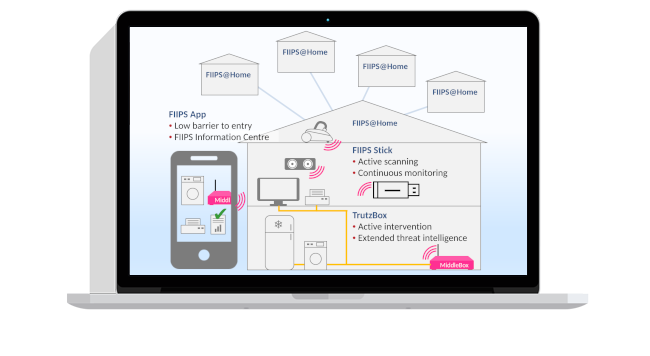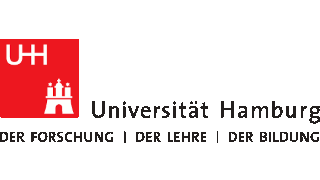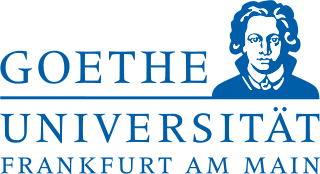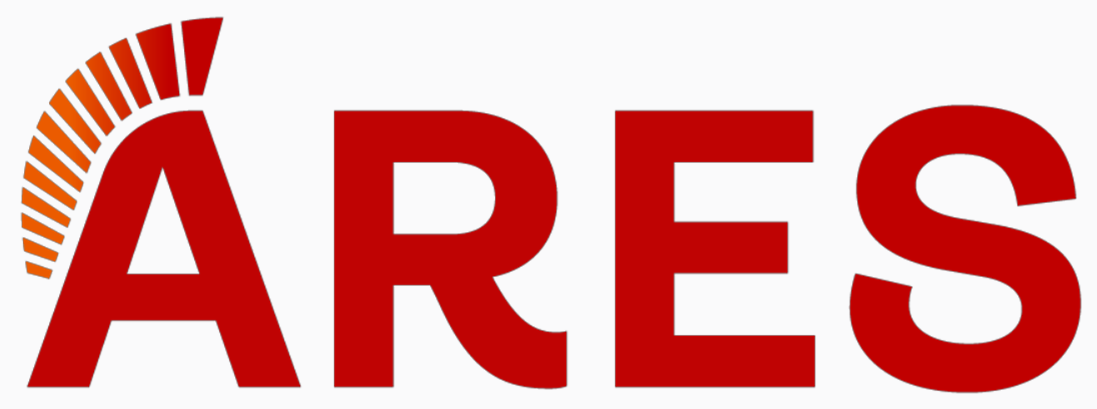Paper accepted at ARES'25
We are thrilled to announce that our paper, “C2 Beaconing Detection via AI-based Time-Series Analysis”, has been accepted for publication at the 20th International Conference on Availability, Reliability and Security (ARES'25), to be held in Ghent, Belgium, from August 11-14, 2025.
In this paper, we present a comprehensive study on detecting Command and Control (C2) beaconing, a critical early warning mechanism for identifying malicious communication channels in cybersecurity. Undetected C2 beaconing can enable persistent access to infected devices, compromising critical infrastructure and posing significant risks. To tackle this challenge, we explore AI-based solutions, including:






